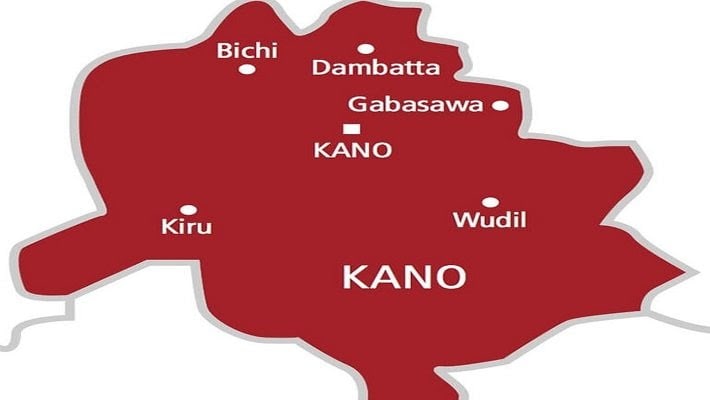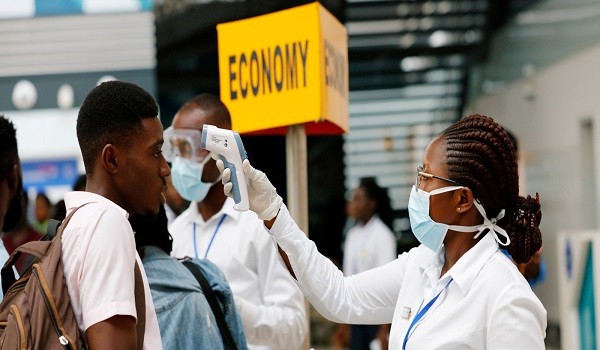Experts Say Surrogacy Can Drive Modern Development in Nigeria
Surrogacy has been highlighted by experts as a key path toward modern development in Nigeria. At a recent lecture held in Ibadan, legal professionals, academics, and healthcare experts discussed the growing relevance of surrogacy, especially for couples struggling with infertility and those exploring new ways to build families.
The lecture, themed “Surrogacy as a Pathway to Modern Development in Nigeria”, was organized by Hanniel’s Noble Legal Practitioners. It focused on the legal, ethical, and cultural issues surrounding surrogacy in the country. Professor Omolade Olomola, a lecturer at the University of Ibadan, explained that surrogacy involves assisted reproductive technologies (ART) like In Vitro Fertilisation (IVF), allowing women with medical issues to have biological children through another woman carrying the pregnancy.
She stressed that while Nigerian law does not currently prohibit surrogacy, it also doesn’t offer legal recognition, leaving room for confusion over parental rights and child protection. Professor Olomola urged the government to address legal gaps, especially with the growing interest in surrogacy.
She referred to the Surrogacy Regulatory Commission Bill, currently at the second reading stage in Nigeria’s House of Representatives. Sponsored by Ayodeji Alao-Akala, the bill aims to regulate surrogacy practices, protect surrogate mothers from exploitation, and curb illegal activities in the sector. However, the bill proposes banning commercial surrogacy — a move Olomola argues is not realistic due to the high cost of the process and the risk of discouraging willing surrogates.
Othniel Idowu Falana, the organizer of the lecture and a legal expert in surrogacy, said his personal experience with a legal case involving visa denial for children born through surrogacy in Nigeria pushed him to start awareness campaigns. He emphasized that children born through surrogacy should not be treated differently, and infertility should not be a reason for discrimination.
Falana noted that many Nigerians are still unaware of what surrogacy entails, partly due to religious and cultural beliefs. He stressed the importance of government and private partnerships to ensure ethical and affordable surrogacy practices. He also mentioned that reducing the high cost of surrogacy can be achieved by increasing the number of regulated centers, which would drive competition and lower prices.
He further pointed out that banning commercial surrogacy might create more problems, as people may refuse to become surrogates without compensation. Instead, he proposed regulation that ensures fairness and protects both the surrogate and the intended parents from exploitation.
Support also came from other legal and health professionals, including NBA Ibadan Chairman Ibrahim Lawal and Hon. Justice J. D. Peters, who praised the event as timely and necessary. They expressed readiness to push for more legal frameworks that support surrogacy in Nigeria.
Other notable attendees included Dr. Oluwaserimi Ajetumobi, Commissioner for Health in Oyo State, represented by Dr. Tunde Aremu, and Alhaja Fausat Joke Sanni, Commissioner for Women’s Affairs, represented by Mrs. Ibironke Igeih. The event also featured contributions from university lecturers and healthcare experts who emphasized the medical and psychological benefits of surrogacy.
The event ended with an award session recognizing outstanding participants. Mr. Latona Adedeji took the top prize, while Miss Oluwabusayomi and Miss Adesola-Tella Adesope came in as first and second runners-up, respectively.








